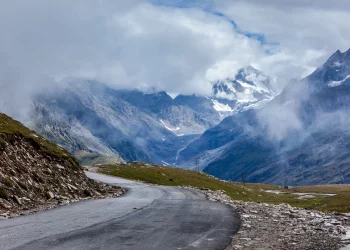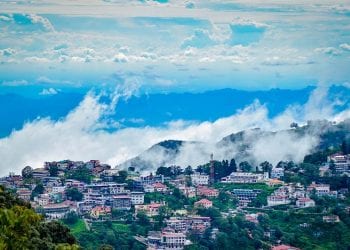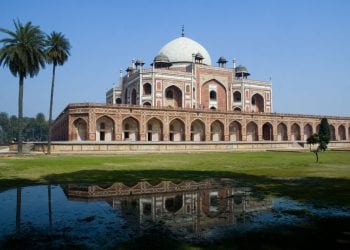Shop Your Heart Out in the Colorful Markets of Patiala
Patiala is the fourth largest city in the state of Punjab. An erstwhile royal state, Patiala is still reminiscent of its past glories. Patiala is nestled in the south-eastern part of the golden state of Punjab. It boasts of strong historical and cultural roots and is dotted with architectural marvels that sing paeans about the glorious past of this state. If you wish to explore the incredible culture of Punjab in its purest form, then Patiala is the right place for you. It is a land of colorful traditions, rich heritage, and hearty people.
Baba Ala Singh, the Sidhu Dynasty, founded Patiala. The Patiala Gharana of Hindustani Classical Music traces its roots from this state. This city is also home to palaces like the Moti Bagh Palace constructed in 1847, Qila Androon, Rang Mahal, and Sheesh Mahal. These palaces are the epitome of Indian architecture. Patiala is an exceptionally colorful city, and this is reflected in their traditional dresses as well. The narrow winding lanes that lead to old-city bazaars selling some of the most fantastic art pieces make shopping in Patiala a delightful experience. Hence, if you visit Patiala, then you should not come back without clothes and souvenirs from here.
Shopping in Patiala
Patiala is known to be a shopping hub. A city with varied cultures, Patiala has been a market for traditional items for ages. You cannot visit Patiala and not shop here. Patiala produces a wide variety of goods, whether it is bridal wear, jewelry, carpets, or handicrafts. While here, you should purchase traditional items such as Patiala salwar, colorful parades, chunnis, juttis embroidered with bright threads, and clothes designed with the world-famous Phulkari work.
Famous market places in Patiala
1. AC Market in Patiala
As the name suggests, it is a fully air-conditioned market that sells every kind of product. From international brands such as Sony, Levi’s, Nike, etc. to traditional Patiala items and handicrafts, you can find everything here. It is the perfect place to purchase items at reasonable prices. If you wish to buy various items, you should visit this market, because here you will find everything under one roof. You can also purchase traditional Phulkari items here in many shops.
2. Adalat Bazaar
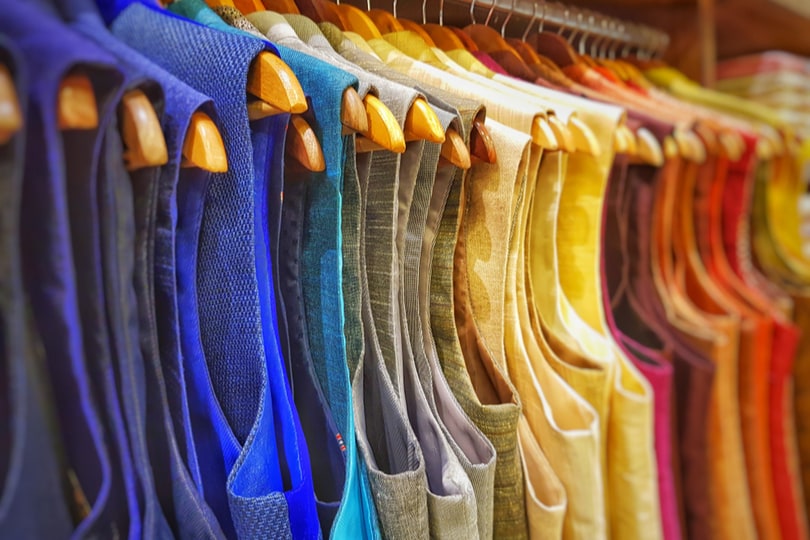
Adalat Bazaar is the perfect market to shop for Punjabi bridal wear. You can get beautiful bridal lehengas and heavy suits here. If you wish to purchase some traditional Punjabi suits and jewelry, then this is the market for you.
3. Chhoti Baradari
The Phulkari Emporium, run by the state of Punjab, is situated here. You will get a wide variety of suits, chunnis, dresses featuring exquisite phulkari work. This makes it one of the best places to shop for phulkari items in Patiala.
4. Old Qila Mubarak Market and Sirhindi Gate
If you are looking to carry souvenirs for your friends and family from Patiala, then this is the market to visit. It features beautiful wedding accessories, colourful parandas, embroidered juttis, and shiny bangles.
5. Leela Bhawan
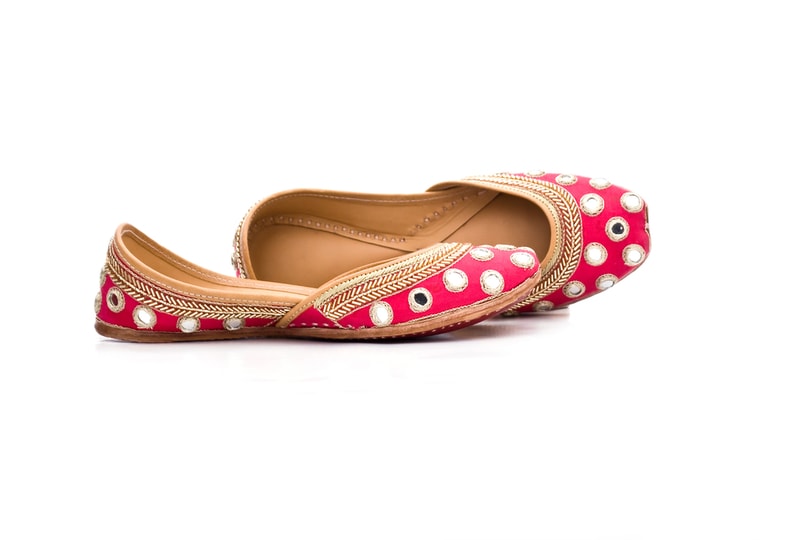
Leela Bhawan is an upscale market in Patiala, offering a complete shopping experience. It has beautiful Punjabi suits, juttis, Patiala salwar, and garments with exquisite phulkari work for sale. If you wish to get an insight into the varied culture and tradition of Patiala, then you should shop at Leela Bhawan! You will get typical Punjabi items here.
What souvenirs should you purchase?
Shopping in Patiala is an exhilarating experience because the items here come with complimentary dollops of love and nostalgia. They remind us of folklore, childhood memories, scenes from our favourite movies, and lyrics of old songs.
Patiala has no shortage of old and new bazaars and beautiful items to purchase. You will be spoilt for choice here. Here are a few things you can buy from Patiala for yourself and your friends and family.
1. Phulkari Dupatta
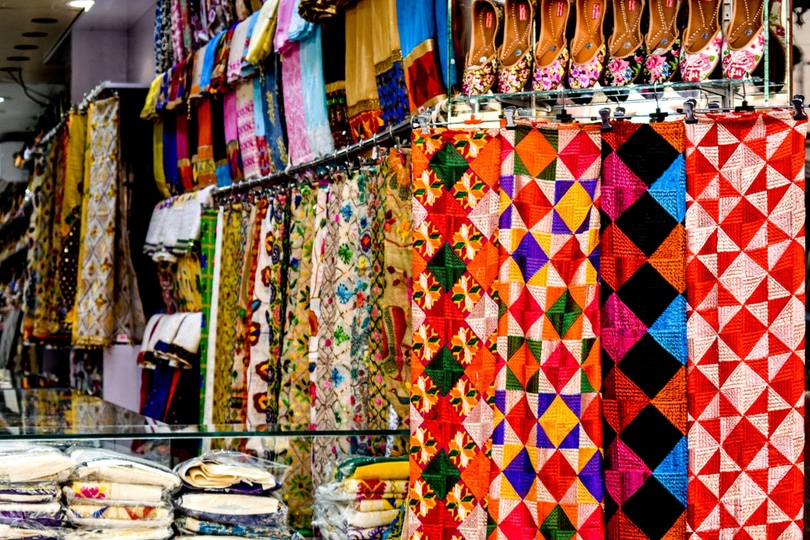
Phulkari has long been a revered embroidery style in Punjab. The word ‘phulkari’ means floral work. The embroidery is done on a thick piece of cloth called ‘khaddar’. Usually, the base color of the fabric is in a shade of brown. To offset this, the threads used on it are always brightly colored, and the patterns are usually geometric.
The most popular and sought after phulkari style is known as ‘Bagh’. This kind of embroidery is so intricate and all-encompassing that the cloth is not visible at all.
Before commercialization set in, and fashion became more global, clothes embroidered with phulkari work were worn during Punjabi weddings and other auspicious occasions. When a daughter was born, the women of the family would hand embroider phulkari as a gift to her. Needless to say, this is an art-form that refuses to diminish with time.
Traditionally, Phulkari was done only on dupattas, but these days you can purchase dupattas, saris, and salwar kameez in phulkari too.
If there is one souvenir that you should purchase for your friends and family from Patiala, it has to be clothes embroidered with phulkari.
2. Punjabi Jutti
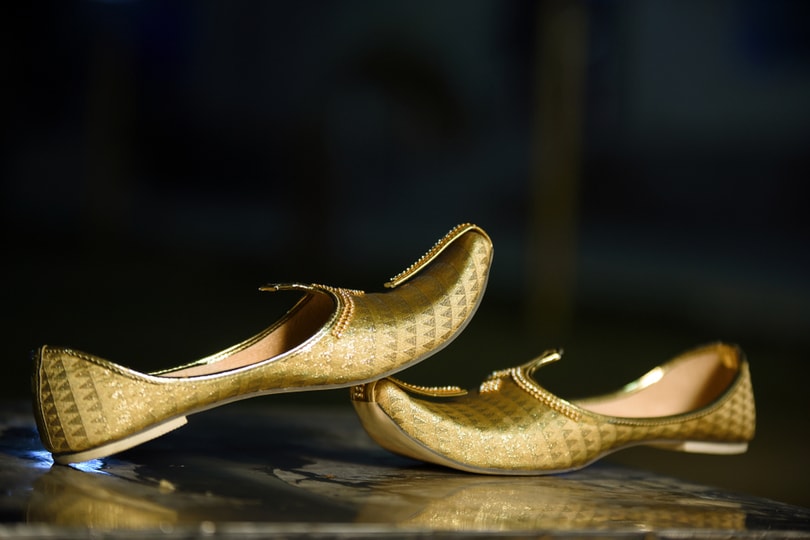
Punjabi juttis are leather shoes with bright embroidery on them. They are usually called Patiala jutti or Kasuri jutti, named for another town known for its beautiful juttis. Hard leather is used to make these shoes, and then they are embroidered by hand.
Punjabi juttis are made for both men and women. Juttis for men come in a subtle base color of leather, while for women, they come in every possible color, making them ideal to be paired with different outfits.
3. Patiala Salwar Kameez
Patiala Salwar Kameez needs no introduction. It is probably the most common item from Punjab worn all over the country. There is no better place to purchase stylish, yet traditional, salwar kameez than the bylanes of Patiala.
Patiala offers such a wide range of salwar kameez that it’s impossible to select just one. Although you will find Punjabi suits just about anywhere in Patiala, you should visit the AC market or the Adalat Bazaar to check out a wide variety of them.
4. Punjabi Paranda
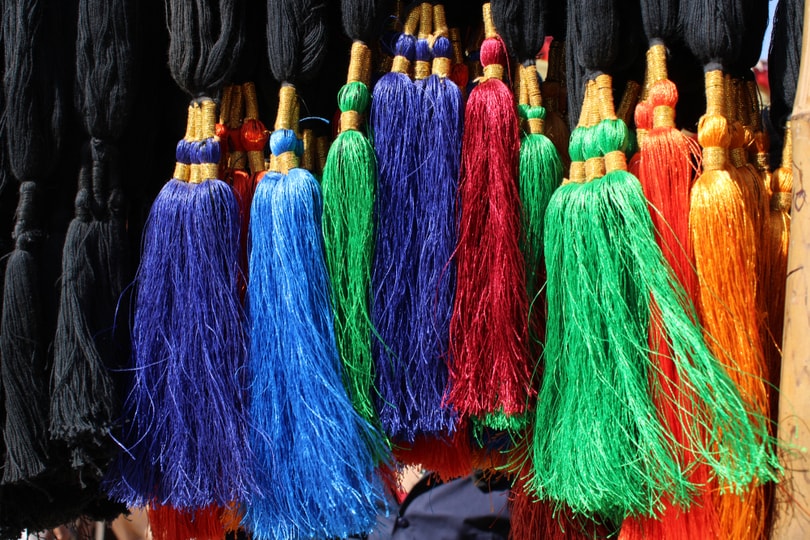
Paranda is a bright tassel-like ornamental braid that women use to adorn their hair. Though it is not usual to see women wearing Parandas in big cities, the women in small towns and rural areas still sport them on occasions. And like most out of fashion styles, parandas too are going through a renaissance of sorts. You can find many colorful parandas on the streets of Patiala. You will fall in love with the vibrancy and colors that this adornment exhibits.
5. Punjabi Pankhi
Pankhi or Pakhi is a small handheld fan. The word pankhi means ‘small fan’. In the olden days, women made these small fans by wrapping an embroidered piece of cloth around a colorful stick. You can find these cute fans in the lanes of Patiala. It is a delightful souvenir that reminds you of the glorious tradition and culture of Patiala.
6. Dry Fruit Gur or Jaggery
Punjab is known for sugarcane farming. Hence, Gur or jaggery is an integral part of the cuisine of Punjabi people. People consume a piece of jaggery after their meal as it helps digest the food properly. It acts as a detox and helps cleanse the liver by flushing out toxins from the body.
Patiala is known for dry fruit Gur. It is a solid block of jaggery that comes studded with all kinds of dry fruit. If you want to purchase something unique, healthy, and authentic at the same time, you should not give it a miss.
7. Punjabi pickles
There is not one standard pickle recipe in India. Punjab is known for its mouthwatering mango, red chilli, and lime pickles. Do make sure that you pick some up when you are here. They have a unique tangy taste and would perfectly complement your food.
8. Soot Ke Laddu
Soot ke laddu is a special kind of laddu that you get only in Patiala. You should pick these laddus once you are in Patiala.
A brief history and culture of Patiala
Patiala was built around the fort ‘Qila Mubarak’, Baba Ala Singh laid the foundation of which in 1763. Baba Ala Singh was a jathedar or general of a warrior clan named Phulkian Misi. He became the first ruler of Patiala and ruled it for three years. In the 18th century, the city experienced a political upheaval owing to the downfall of the Mughals. However, the Sikh Misldars picked up the baton. Maharaja Bhupinder Singh (1900-1930) gave Patiala a vital space on the map of India. He encouraged local sports here and took initiatives to make them popular, making Patiala a hub of sports lovers. Patiala also has massive vintage Havelis that were built by the ruling feudal class.
Patiala is a vibrant state. It has seen the evolution of different cultures and traditions through the ages. The culture here is fondly referred to as ‘Patialvi’. Most of the monuments and forts here are constructed in the Rajput style of architecture. The most popular dance form here is Bhangra, which is done during festivals as a mark of extreme happiness and joy. The melodious Patiala Gharana traces its roots from Patiala.
Visit Patiala to experience the best of Punjabi culture and hospitality.
Recent Posts
Top Picks

- OYO
 15 April, 2024
15 April, 2024 - Cultural Tour

- OYO
 15 April, 2024
15 April, 2024 - Cultural Tour

- OYO
 15 April, 2024
15 April, 2024 - Cultural Tour

- OYO
 15 April, 2024
15 April, 2024 - Cultural Tour

- OYO
 15 April, 2024
15 April, 2024 - Cultural Tour

Please rotate your device
Please go back to portrait mode for the best experience



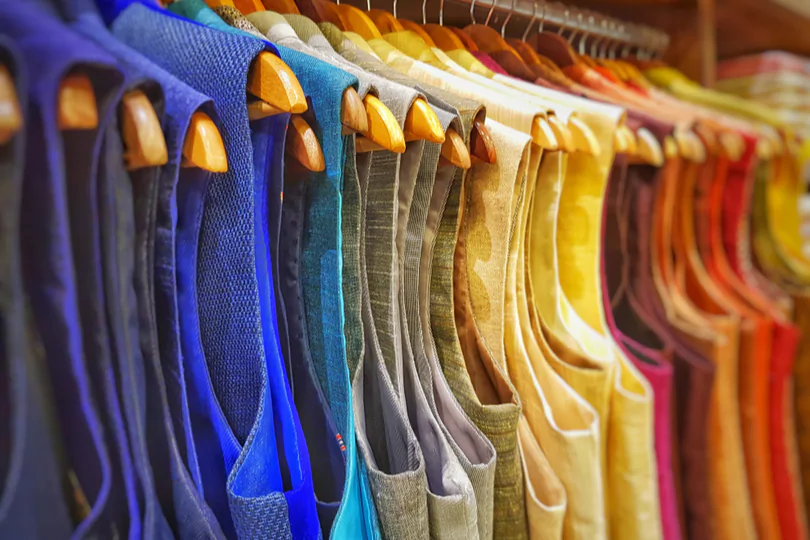
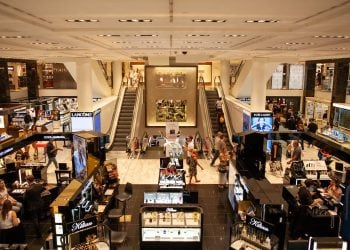
 April 15, 2024
April 15, 2024 